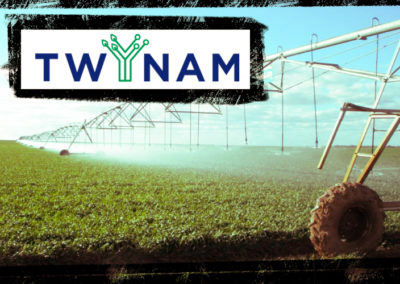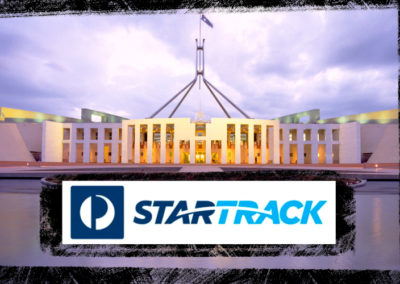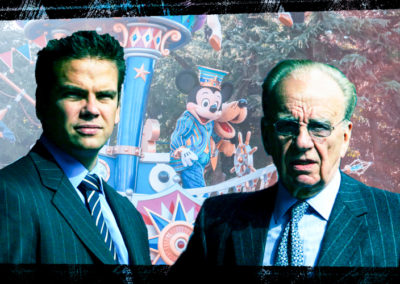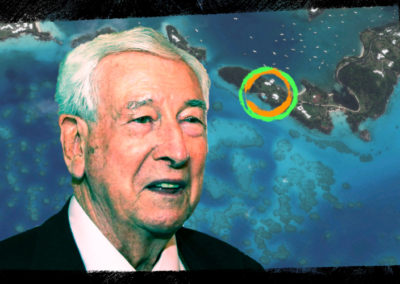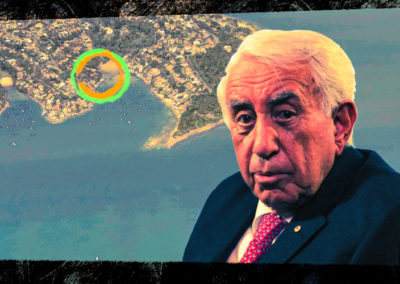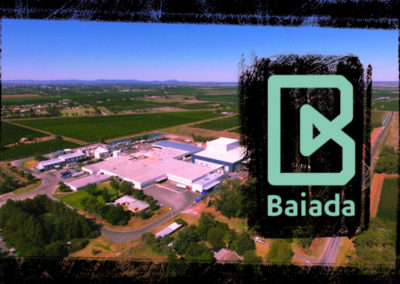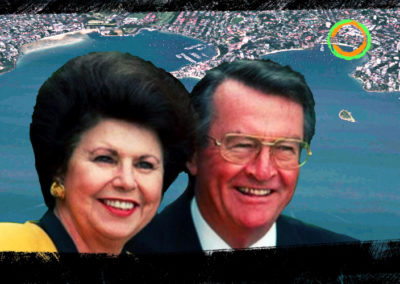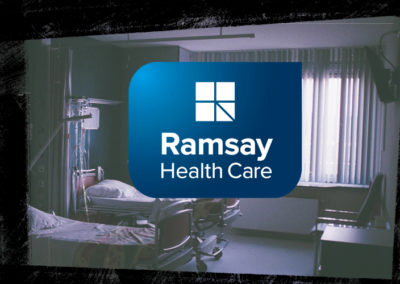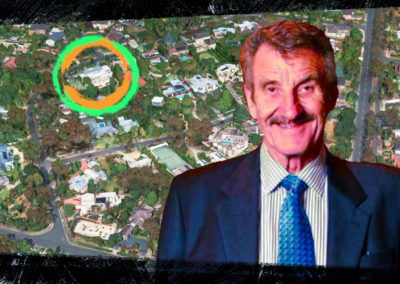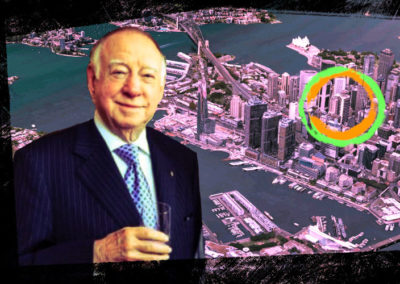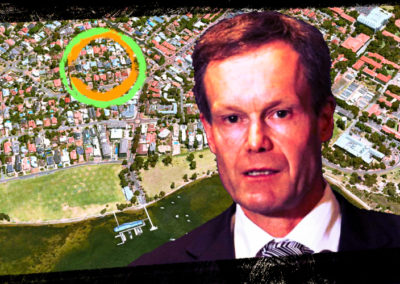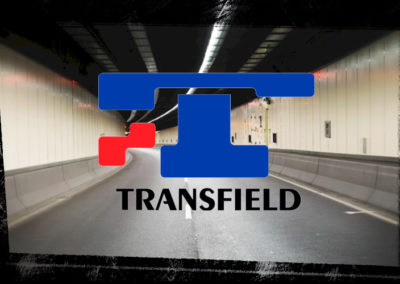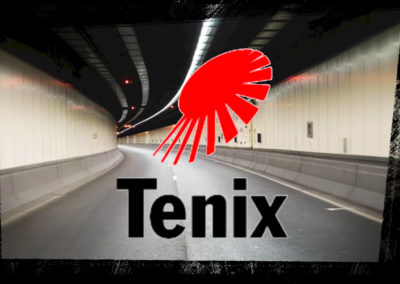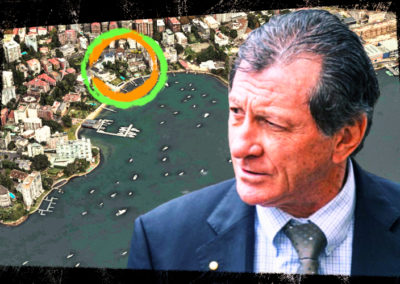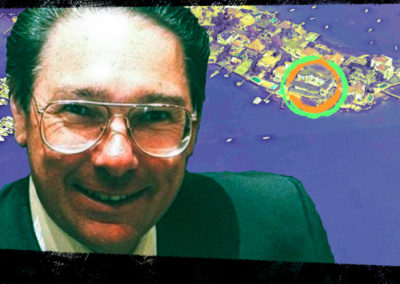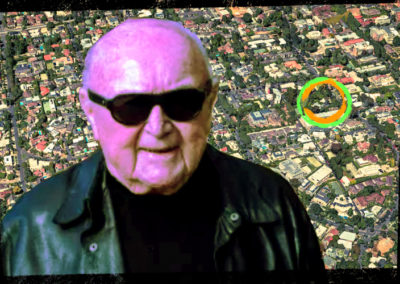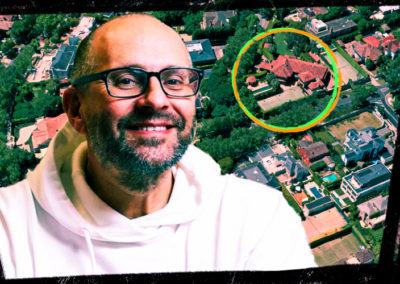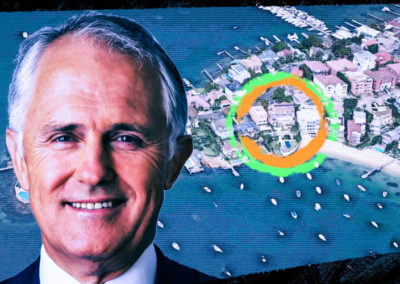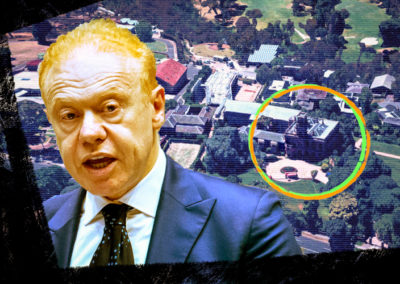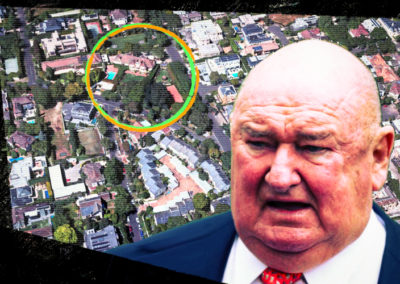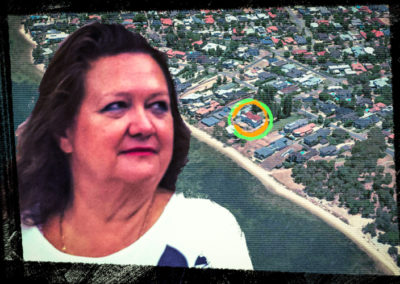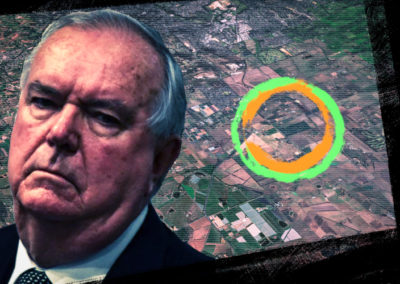Nicholas Paspaley is the director of Paspaley Pearling Company, Australia’s oldest and largest pearl producer. He has donated over $1.1 million to the major political parties since the 1998-99 financial year and has one Dark Company on the Secret Rich List.
| Top 200 Rich List (2020) | No. of Dark Companies: 1 | Political Donations since FY 1998-99 |
|---|---|---|
| Rank: 83 | The Australian South Sea Pearl Company Pty Ltd | Labor Party: $314,000 |
| Wealth: $1.25b | Coalition: $1,020,500 | |
| Wealth (2019): $1.12b | Independent: $0 | |
| YoY wealth change: 11.6% | Total: $1,334,500 |
Established in the 1930s, Paspaley has grown to serve the world’s elite, with one strand of Paspaley pearls selling for $2.8 million in 2017.
In 2012, one of Paspaley’s pearl divers, 22-year-old Jarrod Hampton, drowned on his second day on the job. While Paspaley was not found responsible for Jarrod’s death, they were convicted and fined $60,000 for failing to provide a safe working environment for their pearl divers.
According to the coronial inquest, had the divers been equipped with a personal buoyancy device and a dive supervisor was on board, the crew could have initiated an emergency response, which would have improved Jarrod’s chances of survival.
While the family business remains prominent within the pearl industry, pearling now accounts for less than 40% of its turnover. Paspaley has since diversified its business interests into retail, hospitality, commercial properties, pastoral holdings, a winery, and part ownership of Australia’s largest detention centre.
Nicholas Paspaley is the co-owner of Wickham Point Immigration Detention Centre alongside millionaire businessman John ‘Foxy’ Robinson through their joint venture Trepang Services Pty Ltd.
In 2017, Paspaley and Wickham brought a lawsuit against the federal government, claiming they reneged on an agreement to lease the centre until 2021. The pair are suing for $88 million in lost rent.
During a meeting in 2012, then Shadow Immigration Minister Scott Morrison allegedly assured the men that if the Coalition won government, they would extend the lease on the facility for five years.
Coincidentally, Trepang Services Pty Ltd donated $100,000 to the federal Liberal Party and $50,000 to Northern Territory Labor in the 2012-13 financial year. The following year, they donated a further $200,000 to The Free Enterprise Foundation, a fundraising body for the Liberal Party.
Staff writers who have worked on one or more of our special investigative projects include Zacharias Zsumer (War Powers), Stephanie Tran, Tasha May and Luke Stacey.

